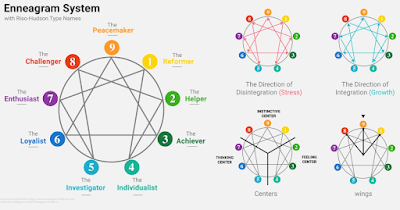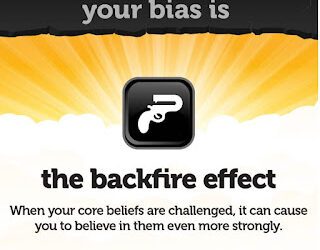The role of therapy is by far the most controversial topic for Christians in regards to the field of psychology. There are mounds of books devoted to the integration of therapy into Christian theology and the different views on it. Thankfully, I think there’s a way to cut through all the rhetoric, at least in regards to the question of whether Christians should seek therapy for mental health concerns.

In order to think clearly about this issue, we need a very basic understanding of the brain and the mind, which is sometimes referred to as the soul. There are two main views: dualism and materialism. Dualism says that brain and mind are different things, the brain being physical matter and the mind being immaterial (the soul). Materialism says the brain and mind are both just physical matter and that consciousness is a function of the brain. Christians can be either one and often fall somewhere in the middle, often disagreeing just on minute details.
As for our brains, they are composed of glial cells and neurons. The neurons are what do all the works and they have three main parts: a cell body (nucleus), dendrites, and an axon. The synapse is the open space between the axon of one neuron and the dendrite of another neuron. We have nearly 100 billion neurons in our brains and between 100 and 1,000 trillion synapses. This is because one axon can connect to several dendrites. As we learn and develop, our dendrites grow so that our neurons become more interconnected.
Solution
Regardless of what position a person takes on whether the mind is material or immaterial, everyone agrees that the brain plays an important role in who we are and how we make decisions. Materialists say it’s all in the brain while dualists say that the mind interacts with the brain in some unknown way. What this means is the people on both sides essentially agree that changing the physical structure of the brain will change a person’s thoughts and behaviors.
If you’ve ever driven a car, you understand what this is like. Think of the windshield as your brain and your eyes as your mind. If your eyes work perfectly, but the windshield is covered in dirt, bugs, or rain, you cannot see well. No matter what you do to fix your eyes, you still won’t be able to see better through the dirty windshield. Instead, you have to clean the windshield so your eyes can see to their full potential. In the case of mental health concerns, physical structures or chemicals in the brain are almost always, if not always, part of the cause. There may or may not also an issue with the mind or soul, but we simply cannot know without first addressing the physical aspects of the brain.

Therapy, whether done by a Christian or an atheist, attempts to heal the physical structure of the brain. It works by strengthening good connections in the brain and weakening undesirable ones. By healing the brain, the mind has a clear window through which it can see or work. God can and occasionally does heal people instantly of mental health issues, but just like with a broken bone, we are not guaranteed that He will. If you have a mental health issue, or are just going through a hard time, there’s no shame in seeking therapy. It doesn’t make you a worse Christian or less of one.
Precautions
I do want to offer a warning though. There is secular counseling, Christian counseling, pastoral counseling, biblical counseling, and other non-Christian religious counseling. I would strongly advise you to avoid that last two. Non-Christian religious counseling should be obvious to avoid and most secular counseling methods do not conflict with with a Christian worldview so there’s no reason to avoid it. The one secular practice that I hear criticized most often for not being Christian is meditation or mindfulness practices because of their association with eastern religious practices. However, as a secular practice that is removed from mythic practices, meditation or mindfulness is simply a state of relaxation and attunement to one’s surroundings.
But what about biblical counseling? The issue with biblical counseling is that the people who do it are not well qualified. They’re not required to have a degree in psychology or theology, which is problematic since they explicitly reject secular psychological science in favor of their own interpretation of scripture and lack the training to even know if the two contradict. Their healing techniques are fairly limited to what most people would consider spiritual practices such as memorizing scripture. While this can certainly be helpful, it’s unlikely to completely resolve major issues. Here’s a quick article on the differences and agreements between Christian counseling (a qualified therapist who is also a Christian) and biblical counseling.
Conclusion
There’s no reason to hold on to mythical, pre-scientific views of the brain. Mental health problems are just as much of a physical issue as cancer or a broken bone. If you’re having a tough time, seek help for it. Talk to someone, and if they’re not able to help you, seek more qualified assistance. I’d be more than happy to talk with you if you send me a message. If someone you know if having a hard time, listen to them without being judgmental. You likely have no idea the depth of their suffering. Even if you know the cause, you probably don’t know how it feels, so have some humility before thinking you’ll be able fix them with a few superficial words.



